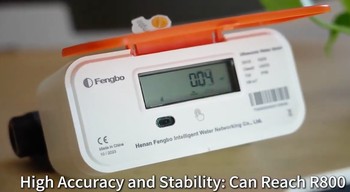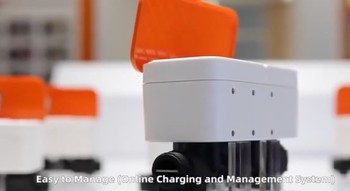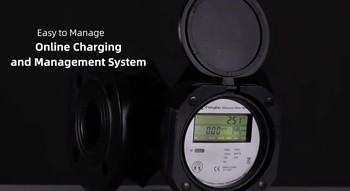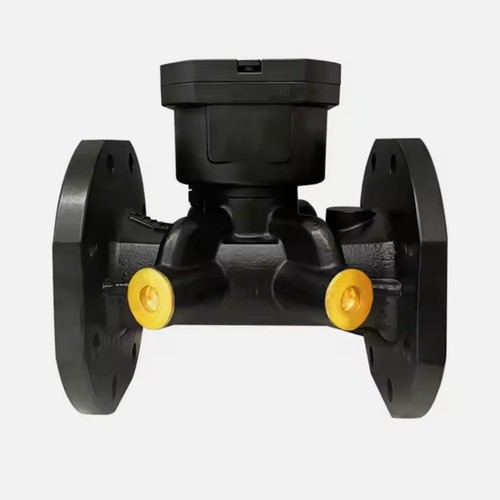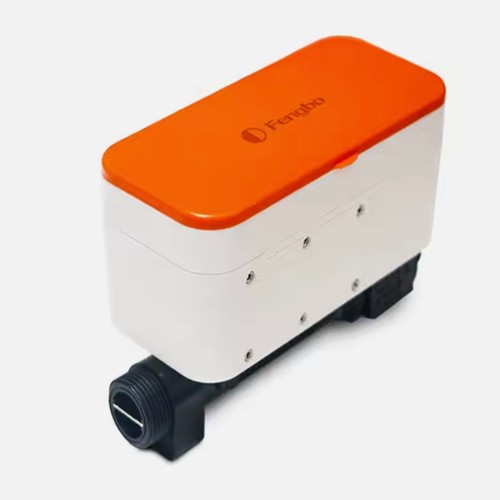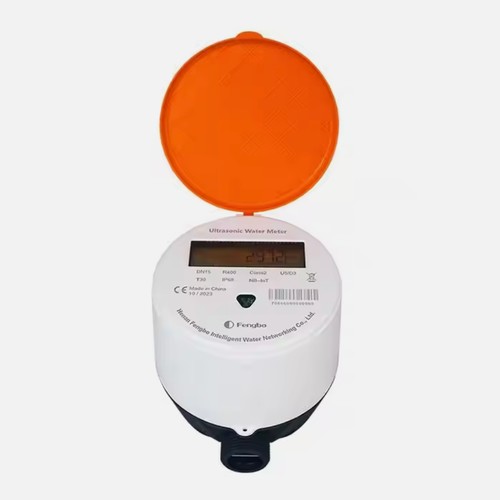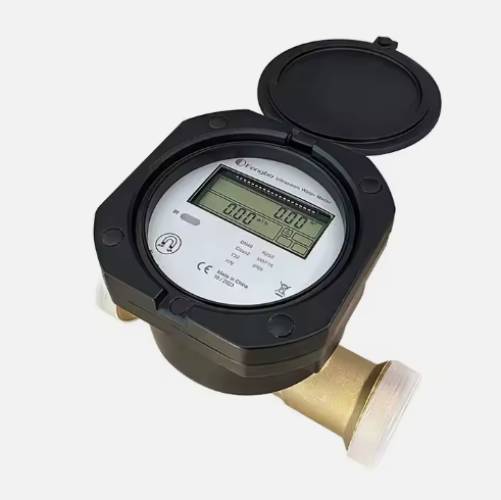How Big is the Smart Water Meter industry in India?
The India Smart Water Meter Market, valued at USD 219 million in 2023, is at the forefront of the nation’s water management revolution. With rapid urbanization, growing concerns about water scarcity, and government-backed initiatives like the Smart Cities Mission and Jal Shakti Abhiyan, smart water meters are becoming essential for efficient water distribution, monitoring, and conservation.
Market Overview: A Growing Need for Smart Water Solutions
The smart water meter market in India is driven by the country’s water scarcity challenges, increasing urban water demand, and the rising need for advanced IoT-enabled solutions. These meters provide accurate water usage data, reduce wastage, and enable efficient billing systems.
Key Highlights:
Market Size: Valued at USD 219 million in 2023, with exponential growth expected by 2028.
Top Cities: Delhi, Mumbai, and Bengaluru lead in adoption due to high urbanization and government regulations.
Key Initiatives: Smart Cities Mission and Atal Mission for Rejuvenation and Urban Transformation (AMRUT) drive infrastructure modernization.
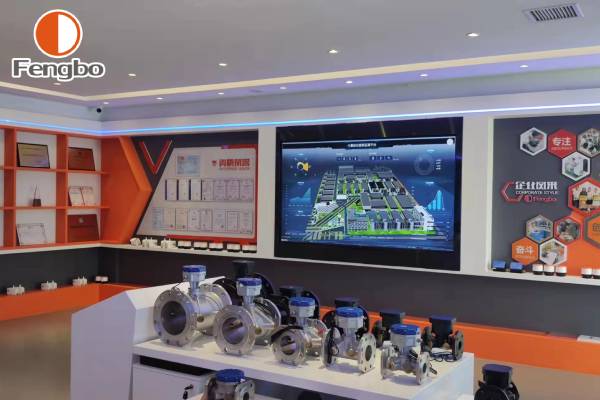
Market Segmentation: Breaking Down the Smart Meter Market
By Product Type: AMR Leads the Market
Automatic Meter Reading (AMR) holds the dominant market share due to its cost-effectiveness and minimal infrastructure upgrade requirements.
Cities are using AMR meters as a stepping stone to advanced solutions like Advanced Metering Infrastructure (AMI), which offers real-time monitoring and leak detection.
By End-User: Residential Sector Dominates
The residential segment leads the market, driven by rapid urbanization and the need for accurate water consumption tracking in households.
Growing population density in urban centers increases the demand for smart meters to ensure fair billing and reduce wastage.
Market Growth Drivers: What’s Driving Adoption?
1. Urbanization and Rising Water Demand
With over 35% of India’s population living in urban areas (2024), the demand for smart water metering solutions is rising.
By 2031, India’s urban population is expected to exceed 600 million, creating long-term demand for accurate metering and efficient water management systems.
2. Water Scarcity and Conservation
India faces severe water scarcity, with cities like Delhi and Bengaluru predicted to run out of groundwater by 2025 (NITI Aayog).
Smart water meters help identify leakages, monitor usage patterns, and promote conservation by providing real-time data to consumers and utilities.
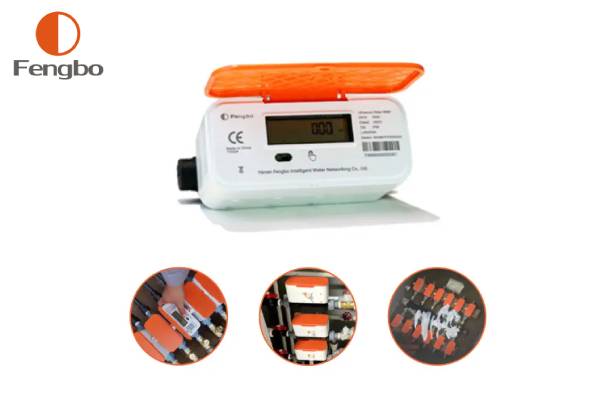
3. Government Initiatives
Programs like the Smart Cities Mission and Jal Shakti Abhiyan are key drivers for smart water infrastructure adoption.
The Indian Water Act and BIS guidelines (2024) ensure smart meters meet international standards, improving reliability and reducing billing discrepancies.
Market Challenges: Addressing Key Hurdles
1. High Installation Costs
Smart water meters with IoT capabilities cost between INR 5,000–10,000 per unit, significantly higher than traditional meters.
The initial investment remains a barrier for widespread adoption in rural and less affluent urban areas.
2. Limited Rural Penetration
A lack of awareness and infrastructure challenges in rural regions hinder market expansion.
Over 70% of rural households still rely on unmetered or traditional water supply systems (NSSO report).
Future Outlook: A Smart Water Revolution by 2028
The India smart water meter market is expected to witness robust growth over the next five years, driven by:
Technological Advancements: Integration of IoT and AI will enable real-time monitoring, predictive analytics, and leak detection, improving water management efficiency.
Government Support: Programs like Jal Jeevan Mission (piped water for all households) will drive demand for smart meters in rural and semi-urban areas. Increased investment in smart infrastructure under the Smart Cities Mission will boost adoption across urban regions.
Rural Expansion: With 192 million rural households gaining access to piped water supply, smart water meters will play a critical role in ensuring fair distribution and reducing wastage.
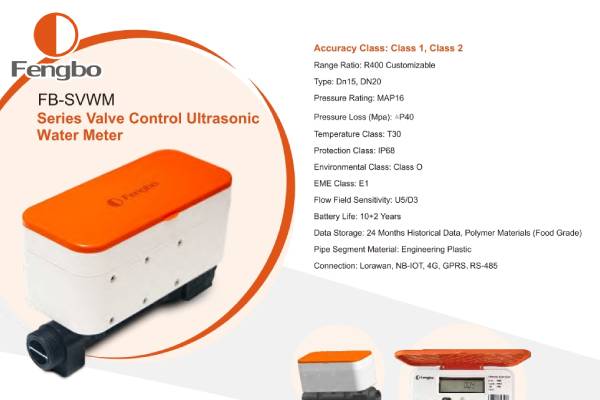
Market Opportunities: Innovations Shaping the Future
IoT and AI Integration: Smart water meters connected to IoT networks will enable utilities to monitor usage, detect leaks, and optimize water distribution. AI-based analytics will help predict water demand patterns, improving resource management and efficiency.
Rural Market Penetration: Expanding smart meter solutions to rural and semi-urban areas presents significant growth opportunities, supported by government initiatives like Jal Shakti Abhiyan.
Smart Cities and Infrastructure Development: With 100 smart cities under development, demand for smart water meters will increase as cities upgrade their water supply systems.
Conclusion: Smart Water Management for a Sustainable India
The India Smart Water Meter Market is set to revolutionize water management by addressing challenges of scarcity, wastage, and fair distribution. Driven by urbanization, government initiatives, and technological advancements, smart water meters are playing a pivotal role in India’s sustainable future.
While challenges like high installation costs persist, innovations in IoT, AI, and the expansion of government-backed programs in rural areas offer tremendous growth opportunities. By 2028, India’s smart water revolution will not only improve water efficiency but also secure its most critical resource for future generations.
About Us
Fengbo Ultrasonic Water Meter is committed to providing our customers with the best possible prices on smart ultrasonic water meters. We offer a range of discounts for bulk orders. If you are looking for a smart ultrasonic water meter that is both affordable and reliable, then Fengbo is the perfect choice.
Contact us today to learn more about our smart ultrasonic water meters. We will be happy to answer any questions you have and help you find the perfect meter for your needs.
* Email: [email protected]
* Phone: +86 19337882352


